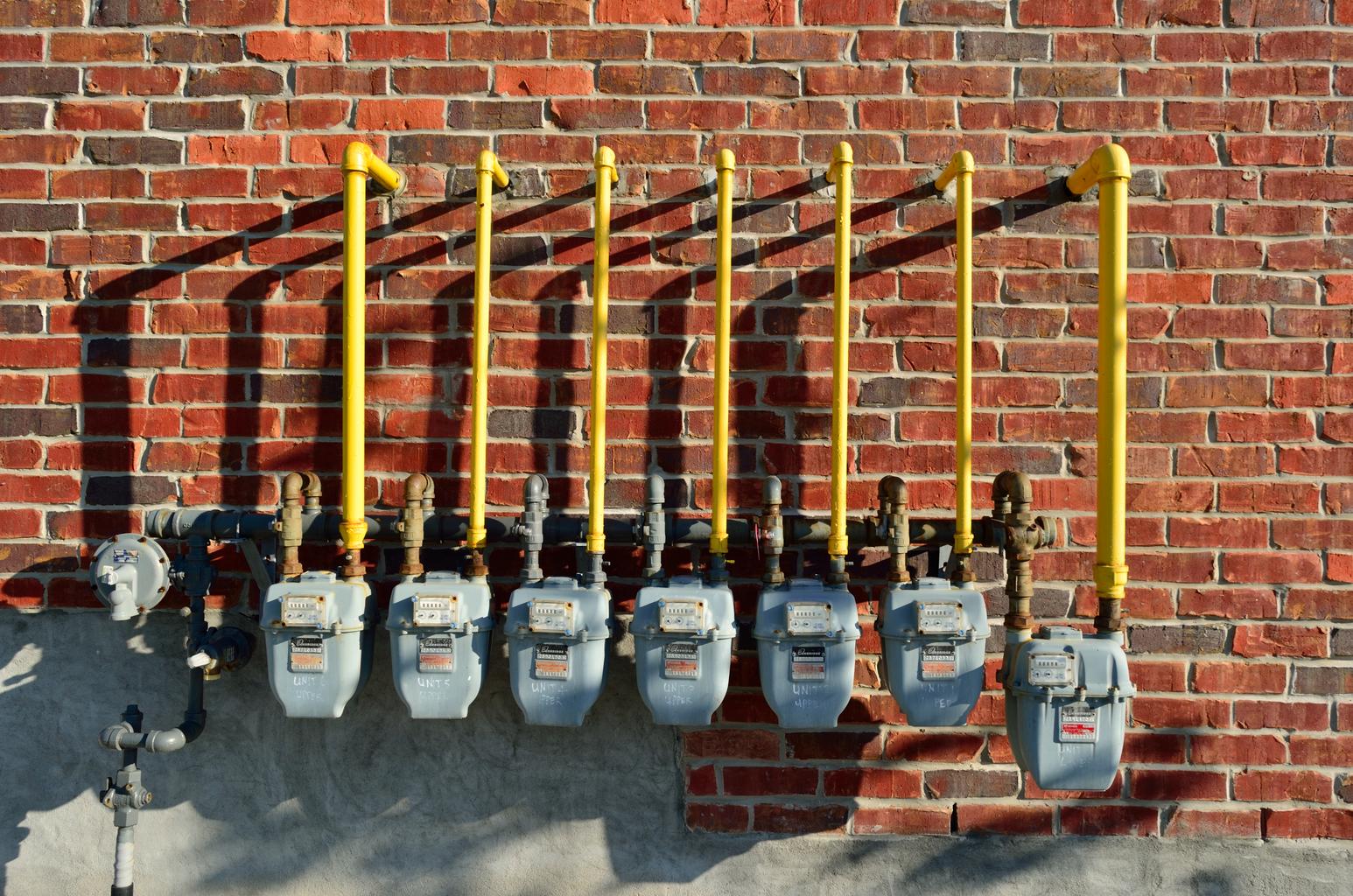Natural gas is a widely used resource for heating homes, cooking, and powering appliances. While it is generally safe according to the American Gas Association, natural gas leaks can pose serious risks, including fires, explosions, and health hazards. Regularly checking for gas leaks and knowing how to respond if you suspect a leak is crucial for maintaining a safe living environment. This article will explore the importance of checking for gas leaks, how to detect them, and what steps to take if you believe you have a gas leak.
Understanding the Risks of Gas Leaks
Health Hazards:
Exposure to natural gas can lead to a range of health problems. Low levels of exposure can cause headaches, dizziness, nausea, and respiratory issues. Prolonged exposure to high levels of natural gas can lead to more severe symptoms, such as unconsciousness or even death.
Fire and Explosion Risks:
Natural gas is highly flammable. A small spark from an electrical appliance, a light switch, or even static electricity can ignite a gas leak, causing a fire or explosion. This poses a significant threat to your home and the safety of its occupants.
Environmental Impact:
Natural gas leaks contribute to the release of methane, a potent greenhouse gas. Methane has a much higher capacity to trap heat in the atmosphere than carbon dioxide, making it a significant contributor to global warming and climate change.

How to Detect Gas Leaks
Detecting gas leaks early can prevent dangerous situations. Here are several methods to identify potential gas leaks:
1. Smell:
Natural gas is odorless, but utility companies add a sulfur-like odor to it, making it smell like rotten eggs. This distinct smell is a strong indicator of a gas leak.
2. Listen:
Hissing or whistling sounds near gas lines or appliances can indicate a gas leak. This noise results from gas escaping from a small opening or crack.
3. Look:
Visible signs of a gas leak can include bubbles in standing water, dead or discolored vegetation around gas lines, and a white cloud or mist near a gas line.
4. Use a Gas Leak Detector:
Investing in a gas leak detector is a proactive way to monitor for leaks. These devices can detect the presence of natural gas in the air and alert you with an alarm.
Steps to Take If You Believe You Have a Gas Leak
If you suspect a gas leak, it’s essential to act quickly and follow these steps to ensure your safety and the safety of others:
1. Evacuate Immediately:
Leave the building immediately if you suspect a gas leak. Do not use electrical devices, including light switches, phones, or anything that could produce a spark.
2. Avoid Open Flames:
Do not light matches, candles, or any open flames. If you are cooking or have an open flame in use, turn it off immediately and leave the area.
3. Do Not Use Electronics:
Avoid using electronic devices, including cell phones, flashlights, or garage door openers, as they can create sparks that might ignite the gas.
4. Ventilate the Area:
If it is safe to do so, open windows and doors to ventilate the area and allow the gas to disperse. However, do this only if you can do so without using any electrical devices or creating sparks.
5. Shut Off the Gas Supply:
If you know how to and can do so safely, turn off the gas supply at the meter. This can help prevent more gas from leaking into the area.
6. Call for Help:
Once you are at a safe distance from the suspected leak, call your gas company’s emergency line or 911. Do not re-enter the building until it has been inspected and deemed safe by professionals.
Preventing Gas Leaks
Taking proactive steps can help prevent gas leaks and ensure your home remains safe:
1. Regular Inspections:
Schedule regular inspections of your gas lines and appliances by a qualified professional. They can identify potential issues before they become serious problems.
2. Proper Maintenance:
Ensure your gas appliances are well-maintained and serviced according to the manufacturer’s recommendations. This includes cleaning, checking for wear and tear, and replacing faulty parts.
3. Install Gas Detectors:
Install gas detectors in your home, especially near gas appliances and in sleeping areas. These detectors can provide early warning of a gas leak, allowing you to take action quickly.
4. Educate Your Household:
Ensure that everyone in your household knows how to recognize the signs of a gas leak and understands the steps to take if they suspect a leak. Regularly review and practice your emergency plan.
Conclusion
Natural gas is an essential part of modern living, providing heat, hot water, and power for various appliances. However, the potential dangers associated with gas leaks cannot be ignored. Regularly checking for gas leaks and understanding how to respond in the event of a leak are crucial steps in maintaining a safe home environment.
By staying vigilant and proactive, you can protect your home and loved ones from the serious risks associated with gas leaks. Remember, when it comes to natural gas, taking precautions and acting swiftly can mean the difference between safety and disaster.
Discover more from Ask The AC Expert
Subscribe to get the latest posts sent to your email.

